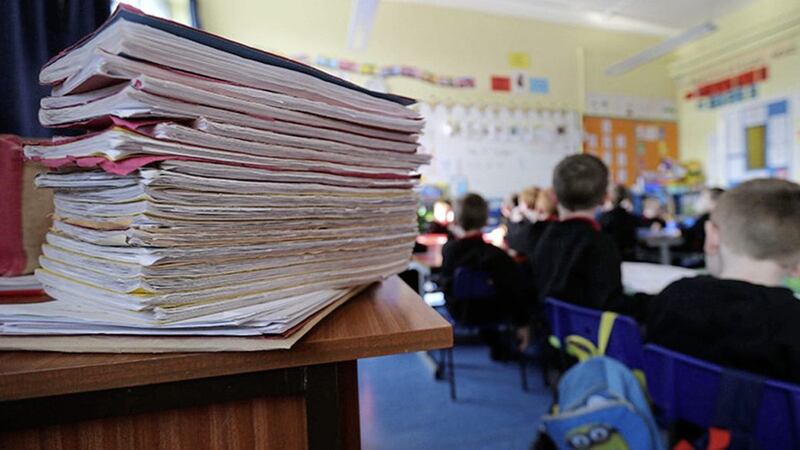A good friend started university a couple of years ago as a mature student without a primary degree. He hadn’t been in formal education for 40 years. Yet he’s one of the wisest and most intelligent people you’ll meet.
My friend excelled in his Masters degree, moving directly into a full-time PhD in his mid-sixties. Shortly after starting, an international student spoke to him in broken English and remarked that there aren’t many “grown” people at university. It turned out that “grown” actually meant “older”.
But that wonky definitional knowledge of English accidentally told an important truth. It is, in fact, a perfectly apt description, and one that conveys a valuable personal characteristic instead of just a value of numerical age – ‘grown’ instead of ‘older’.
With a population that is rapidly becoming more “grown” – and that is also rapidly growing–it’s widely recognised that we need to rethink our approach to future social development.
Demographics are driving transformation across both Irish society and the globe. We are generally living longer. More of us will need longer-term medical and emotional care. Our employment models are skewing towards automation and reskilling. Inequalities are expanding. Power is moving to private corporations, big cities, special interests, and even wealthy individuals. The environment is being destroyed by short-term materialism.
While there is already a growing focus on future health services and structures, we also need to look at the role and concept of education beyond its traditional formal structures.
Education must not simply be defined by efficient policy planning or political direction, nor pure theology or ideology. At its essence, education should be about positively empowering our individual and collective philosophies towards enriching our humanity.
We must each begin to see ourselves as educators in life – even in terms of using words and labels differently. Education isn’t just a skill for teachers to dispense. It’s a responsibility for each of us to discharge.
As the wider world changes irrevocably, so too our personal philosophies should be trying to shape the developing context.
If each us starts to live as an educator, then surely we would seek to reach higher standards in our personal conduct, public discourse, political life, media debate, economic transactions, governmental policy, and so on.
We might even become more effective in encouraging positive social lessons through our wider attitudes and behaviours – striving to do, and be, better than before.
One of the most eloquent and effective descriptions of education recently came from Malone College’s Máire Thompson after she was awarded head-teacher of the year in London.
Emphasising that she is still on her own “learning journey” and is committed to a “relentless optimism”, Ms Thompson said: “I think you have to have a relentless belief that young people can achieve, irrespective of outcomes and personal conditions or experiences. And I do that by working with the young people, and for me the key to any success in any school is relationships.
“It’s how you engage with young people, how you engage your staff, it’s being able to chat to them on their level...And it’s also about having high expectations and aspirations around the potential of young people.”
The keywords that pepper Máire Thompson’s philosophy are so much bigger than a syllabus of formal education. They are concepts which are critical to each of us becoming empowered and fully developing as human beings: “potential”, “relentlessness”, “optimism”, “expectations”, “aspirations”, “relationships”, “non-judgmental” “being inclusive”, “active listening”, “overcoming obstacles”.
These concepts, and the values that underpin them, are the heart and soul of lifelong education and personal development.
Imagine if we constantly heard all those words in our politics, social media, economics, communities, broadcast airwaves. Imagine if those concepts were embedded in the values that each of us practices through the lives we lead.
Of course, it’s understandable that we still see education as being largely about exams and results and pre-determined curricula.
Yet how do we help others to handle death and illness? How do we transform anger and hurt? How do we overcome personal trauma or tragedy? How do we empower the marginalised, unequal and excluded? How do we embed humane values in society’s planning? How do we communicate with compassion?
Everyone of us is an educator by experience. And one day, each of us will be “grown” no more. We need to begin understanding our wider power – and our responsibility – as educators, in the way we teach positive life lessons.
And perhaps we even need to consider changing our formal education structures so that more “grown” people begin sitting alongside less “grown” people at every stage of our universities, colleges, and schools. Genuine lifelong learning.








